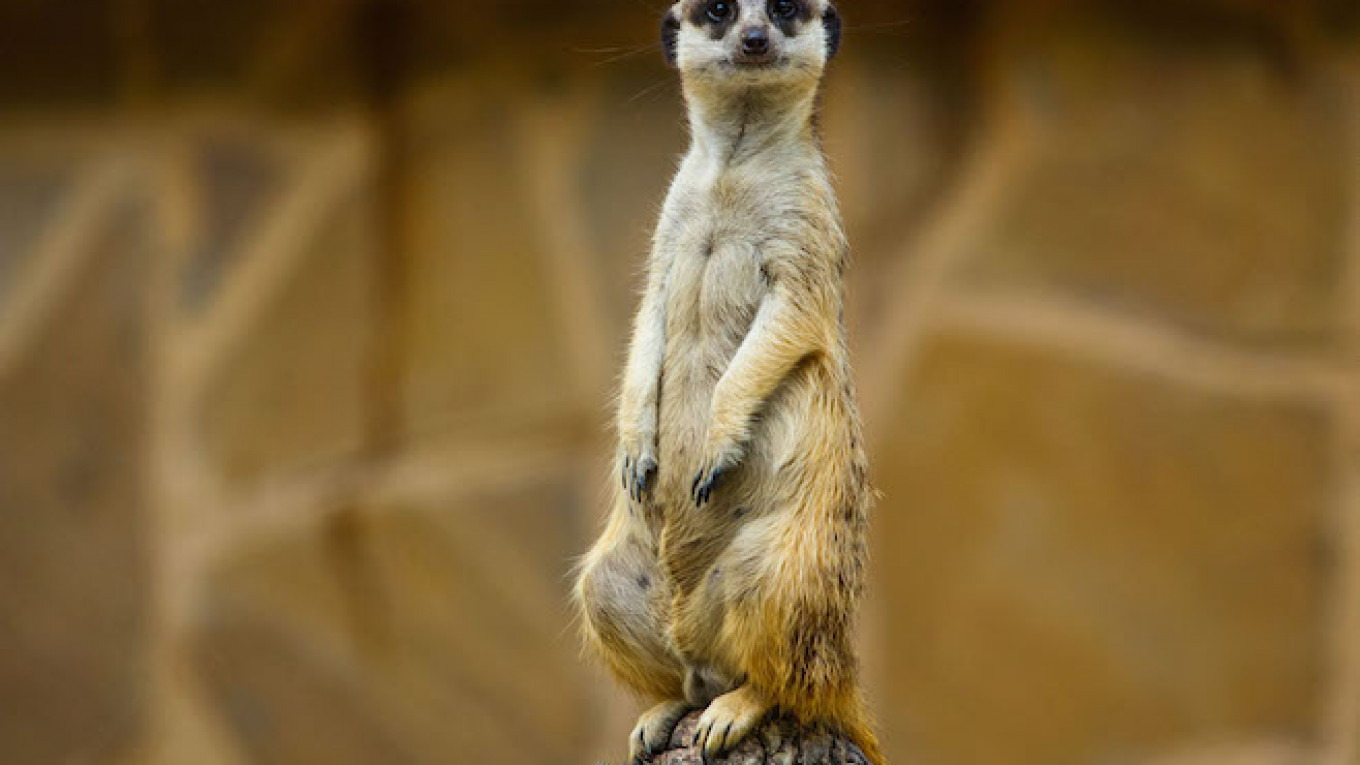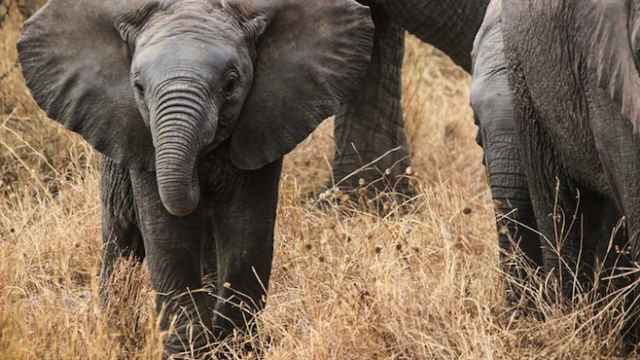A zoo in Novosibirsk has handed out an array of its animals to fellow zoos in three foreign countries — the U.S., Ukraine and North Korea — and in several Russian cities as part of an animal transfer program.
The largest group of animals went to a zoo in North Korea's capital Pyongyang, which received a golden eagle; four bharals, also known as Himalayan blue sheep; 10 Mandarin ducks; two otters; and three meerkats this month, Novosibirsk Zoo said in an online statement Tuesday.
The choice of the destination was due to the fact that the Pyongyang zoo is "undergoing a major reconstruction," having added new spaces for the animals, "so our colleagues can afford to expand their collection," Novosibirsk Zoo director Olga Shilo said in the statement.
A zoo in Ukraine and another in Dallas, Texas, received wolverines that are capable of reproducing in captivity, Novosibirsk Zoo said, adding that it was the first zoo to have its wolverines produce offspring, in 1979.
Other animals went to five cities in Russia, in what Novosibirsk Zoo described as a "record number" of transfers for a month.
A Message from The Moscow Times:
Dear readers,
We are facing unprecedented challenges. Russia's Prosecutor General's Office has designated The Moscow Times as an "undesirable" organization, criminalizing our work and putting our staff at risk of prosecution. This follows our earlier unjust labeling as a "foreign agent."
These actions are direct attempts to silence independent journalism in Russia. The authorities claim our work "discredits the decisions of the Russian leadership." We see things differently: we strive to provide accurate, unbiased reporting on Russia.
We, the journalists of The Moscow Times, refuse to be silenced. But to continue our work, we need your help.
Your support, no matter how small, makes a world of difference. If you can, please support us monthly starting from just $2. It's quick to set up, and every contribution makes a significant impact.
By supporting The Moscow Times, you're defending open, independent journalism in the face of repression. Thank you for standing with us.
Remind me later.






